Gender roles in households have changed dramatically over the years, yet some outdated expectations still linger. Many tasks traditionally labeled as ‘husband jobs’ now strike modern men as offensive stereotypes that ignore their individual skills, preferences, and the concept of equal partnership. These assumptions about what men should automatically handle in a household can create unnecessary tension and resentment in relationships.
1. The Car Mechanic Stand-In
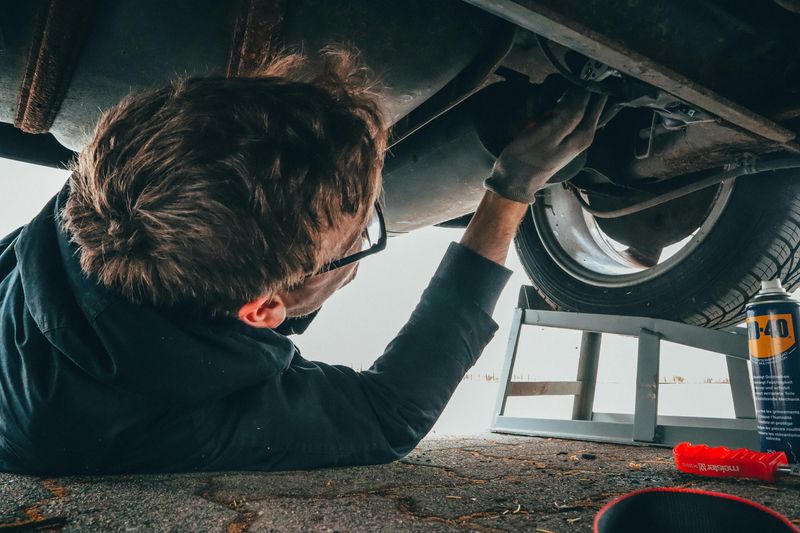
Men aren’t born with an innate knowledge of carburetors and timing belts. The expectation that a husband should automatically know how to fix car problems simply because he’s a man is both unrealistic and unfair.
Many modern men have never had the opportunity or interest to learn auto mechanics. They might prefer cooking or interior design instead. Assuming all men should handle car repairs reinforces harmful stereotypes about masculinity.
Partners should discuss household responsibilities based on actual skills and interests rather than gender. A relationship works best when tasks are divided according to individual strengths, not outdated gender expectations.
2. Lawn Mowing Mandatory
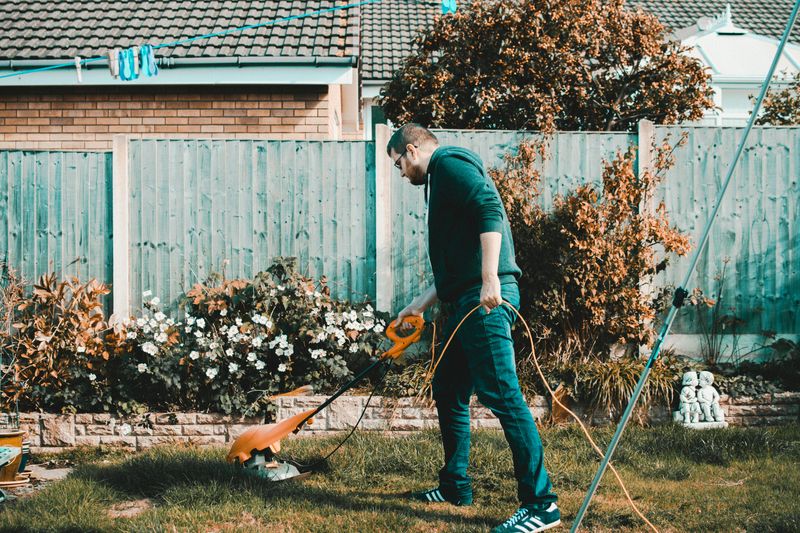
The assumption that yard work automatically falls to men feels outdated to many modern husbands. Lawn care requires time and energy that not every man wants to dedicate to grass maintenance, especially after long work weeks.
Some men have allergies, physical limitations, or simply no interest in this chore. The expectation creates pressure to perform a task they might dislike or find physically demanding without consideration for their preferences.
Many couples now approach yard work as a shared responsibility or hire professionals. What matters is finding arrangements that respect everyone’s time, abilities, and desires rather than defaulting to gender-based assignments.
3. Trash Duty By Default

Taking out the garbage shouldn’t automatically fall to men just because of tradition. This smelly, sometimes leaky task isn’t anyone’s favorite chore, and assigning it permanently based on gender feels arbitrary to many modern husbands.
The notion that men should handle trash perpetuates the idea that certain unpleasant tasks are inherently masculine. This creates an unfair division where men get stuck with the least desirable household responsibilities.
Many couples now rotate this duty or base it on practical considerations like schedules or who filled the bin last. Equal partnerships mean sharing both the pleasant and unpleasant responsibilities of running a household.
4. The Designated Bug Killer

Many men feel typecast when automatically nominated as the household exterminator. The expectation that husbands should fearlessly dispatch spiders and other creepy crawlies assumes men don’t have their own phobias or discomforts around insects.
This stereotype reinforces outdated ideas about masculine bravery versus feminine vulnerability. In reality, fear of insects crosses all gender lines, and many men feel uncomfortable being put in this position repeatedly.
Modern couples often acknowledge that bug removal should fall to whoever feels most comfortable handling it, regardless of gender. Some even adopt catch-and-release approaches that don’t require anyone to become the designated killer.
5. Automatic Grill Master
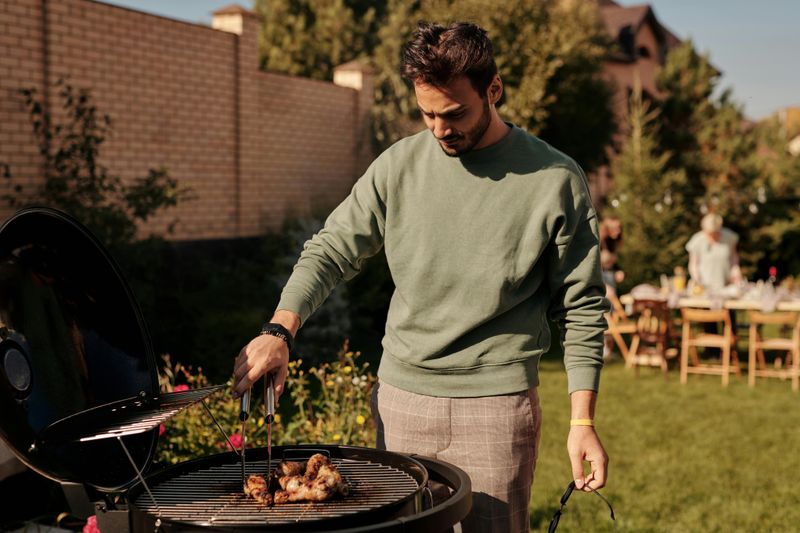
The assumption that all men naturally love and excel at grilling feels restrictive to many modern husbands. Not every man dreams of standing over hot coals flipping burgers while everyone else enjoys the party.
This expectation can actually exclude men from other aspects of entertaining and meal preparation they might prefer. Some men are exceptional bakers or cocktail mixers but find themselves pigeonholed into grill duty at every gathering.
Cooking preferences should be based on individual interests and skills. Many couples now share grilling responsibilities or switch roles based on who enjoys it more, creating more authentic and enjoyable entertaining experiences for everyone.
6. Heavy Lifting Only

Being treated as the household pack mule feels dehumanizing to many modern men. The automatic assumption that husbands should handle all heavy objects ignores individual physical capabilities and health concerns.
Some men have back problems, injuries, or other limitations that make lifting heavy items painful or dangerous. Yet they often feel pressured to perform these tasks to fulfill expected masculine roles, potentially risking their health.
Today’s couples increasingly recognize that moving and lifting responsibilities should consider actual physical ability rather than gender. Many households now make decisions about who lifts what based on strength and health factors instead of outdated expectations.
7. Default Home Repair Technician
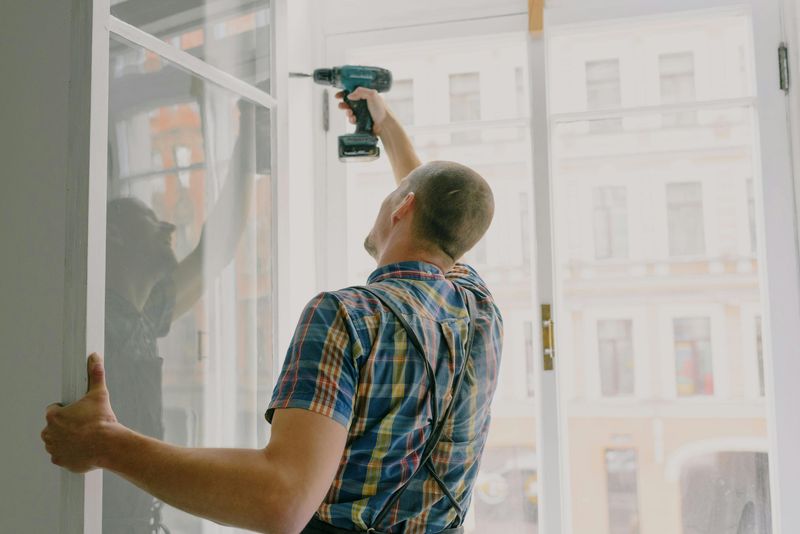
The expectation that men should instinctively know how to fix leaky faucets or repair drywall frustrates many modern husbands. Home repair skills aren’t genetically transmitted through Y chromosomes – they’re learned through experience and training that many men never received.
This assumption creates unnecessary pressure and potential safety hazards when men feel compelled to tackle repairs beyond their expertise. Electrical work and plumbing can be dangerous without proper knowledge.
Contemporary couples often approach home maintenance based on actual skill sets or learn together. Many households now maintain lists of reliable professionals for tasks neither partner feels comfortable handling, recognizing that hiring experts is sometimes the wisest solution.
8. Snow Removal Responsibility
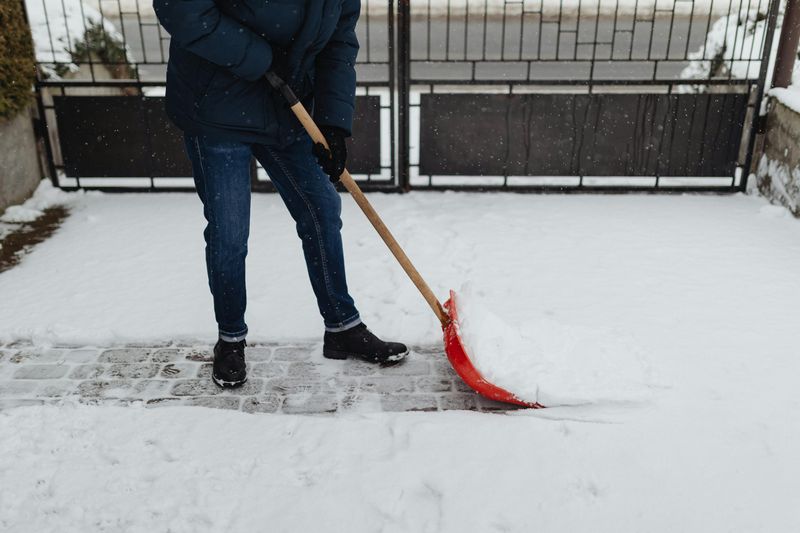
Being expected to brave freezing temperatures and potential heart strain during snow removal feels unfair to many modern men. Shoveling heavy, wet snow is physically demanding and can be dangerous, especially for those with certain health conditions.
The automatic assignment of this task to husbands ignores physical limitations and health risks. Many men resent being pushed into this potentially hazardous chore simply because of gender expectations.
Forward-thinking couples now consider factors like work schedules, health conditions, and personal preferences when determining snow removal responsibilities. Many households invest in snow blowers to reduce physical strain or arrange for professional services, especially as partners age.
9. Mandatory Sports Enthusiasm
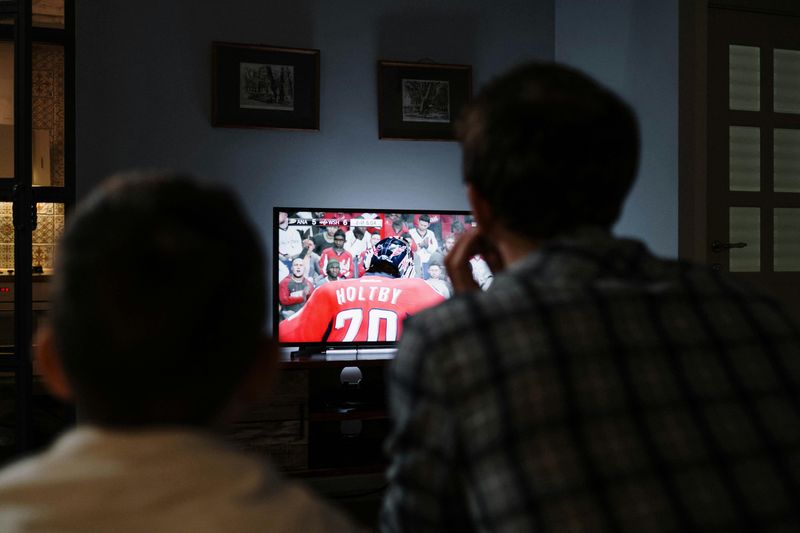
The assumption that all men naturally love and understand sports creates uncomfortable pressure for many modern husbands. Not every man wants to spend weekends watching games or discussing player statistics, yet many feel expected to perform this aspect of masculinity.
This stereotype can make non-sports-enthusiast men feel inadequate or less masculine. They might pretend interest to fit in or face judgment for preferring other activities like reading, art, or cooking.
Healthy relationships respect individual interests rather than enforcing gendered hobbies. Many couples now embrace their different passions without expecting conformity to stereotypes, creating space for authentic connections based on actual shared interests rather than prescribed gender roles.
10. Tech Support By Birth
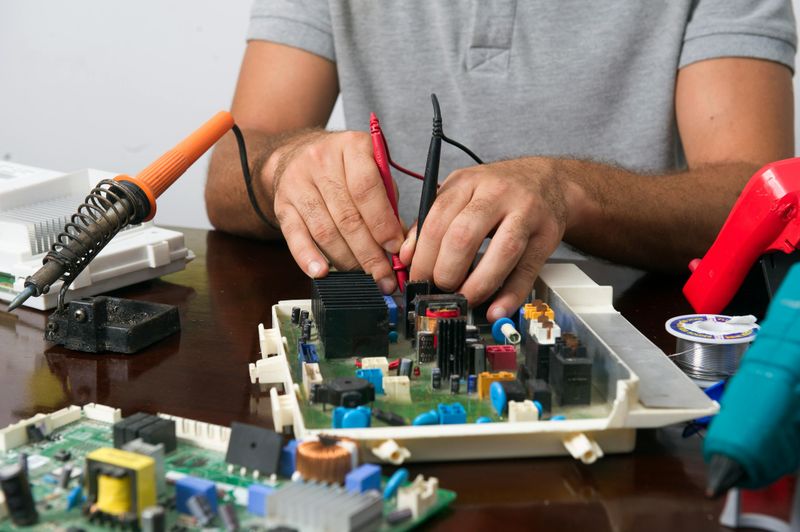
Being automatically designated as the household IT department frustrates many modern men. The expectation that all husbands naturally understand technology ignores the vast diversity of skills and interests across genders.
This stereotype creates unnecessary pressure on men who may have limited tech knowledge while potentially undermining tech-savvy women. Many husbands feel anxious when expected to solve complex technical problems they don’t understand.
Progressive households assign tech responsibilities based on actual expertise rather than gender. Many couples now share technology management or divide specific tasks according to individual strengths, creating more balanced and effective approaches to maintaining their digital lives.
11. Financial Decision Maker

The outdated expectation that husbands should control household finances feels disrespectful to many modern men. This stereotype places unfair pressure on men to be financial experts while potentially sidelining equally capable partners from important decisions.
Many men prefer collaborative approaches to money management rather than bearing sole responsibility. The traditional model can create unnecessary stress and resentment, especially when financial difficulties arise.
Today’s couples increasingly manage finances as a team, leveraging both partners’ strengths. Regular money conversations, shared budgeting tools, and mutual decision-making create healthier financial dynamics that respect both individuals’ contributions and perspectives.
12. Outdoor Grime Specialist
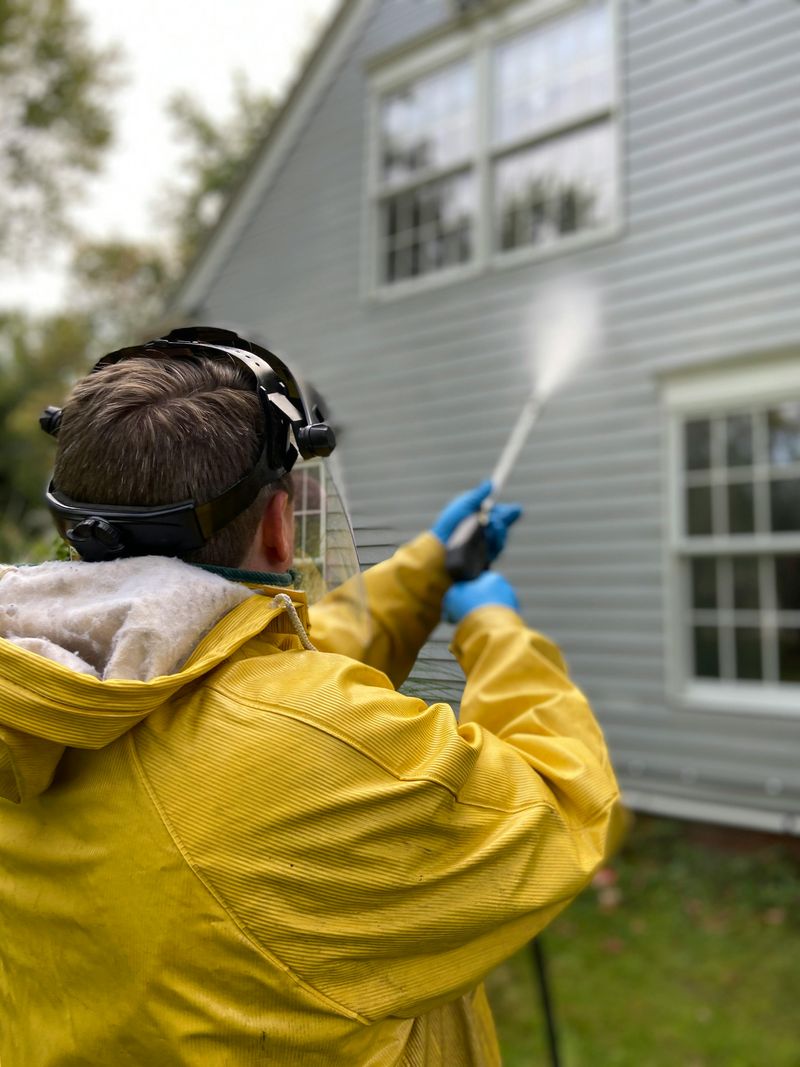
Being automatically assigned all dirty outdoor tasks feels like discrimination to many modern husbands. Cleaning gutters, power washing, and dealing with garbage bin messes aren’t inherently masculine activities, yet they’re often defaulted to men regardless of preference.
This pattern creates an unfair division where men handle the most unpleasant household maintenance. The expectation ignores individual comfort levels, physical abilities, and the principle of equitable task distribution.
Forward-thinking couples now approach outdoor maintenance as shared responsibility or alternate these tasks. Many households also consider hiring professionals for particularly difficult or dangerous outdoor chores, recognizing that neither partner should be stuck with all the dirty work.

Comments
Loading…